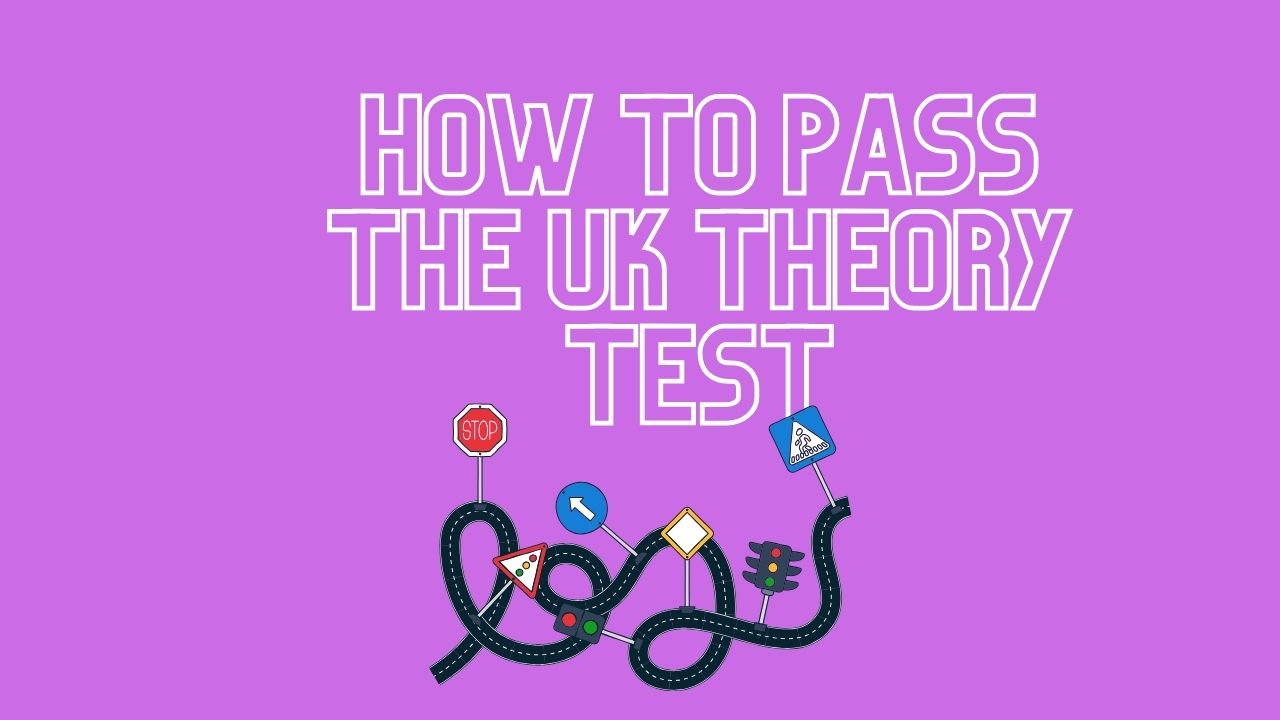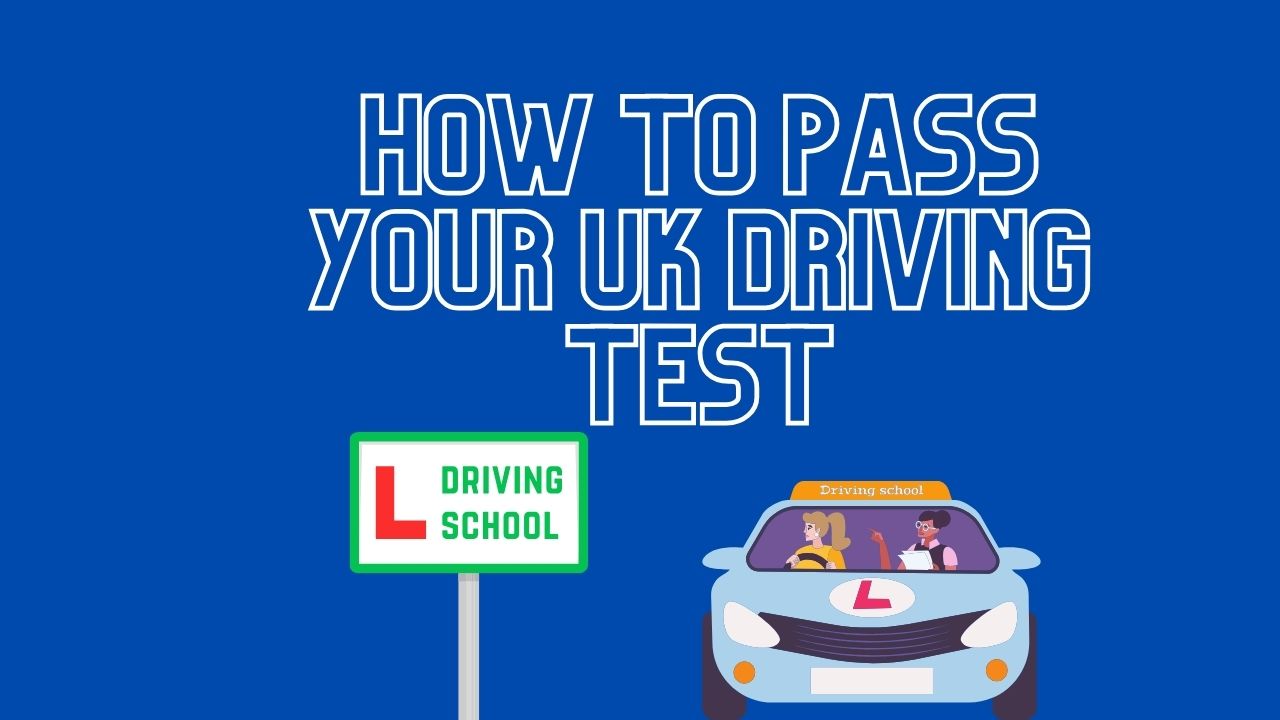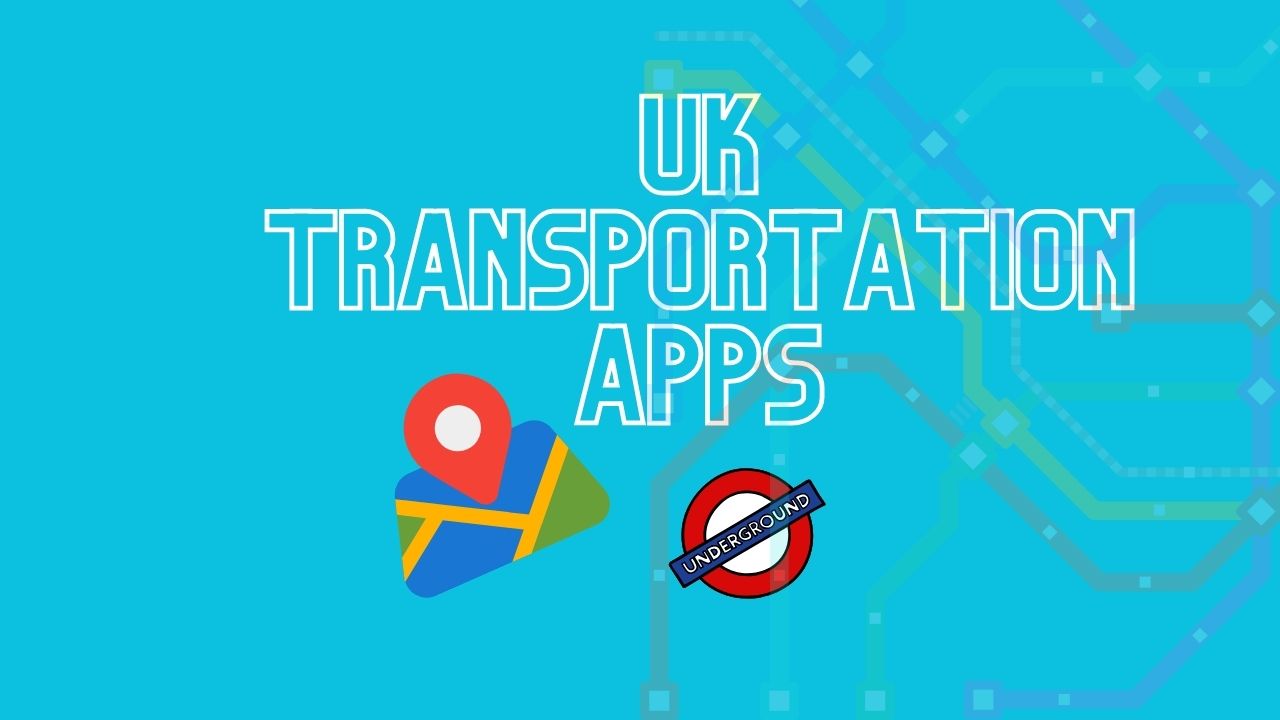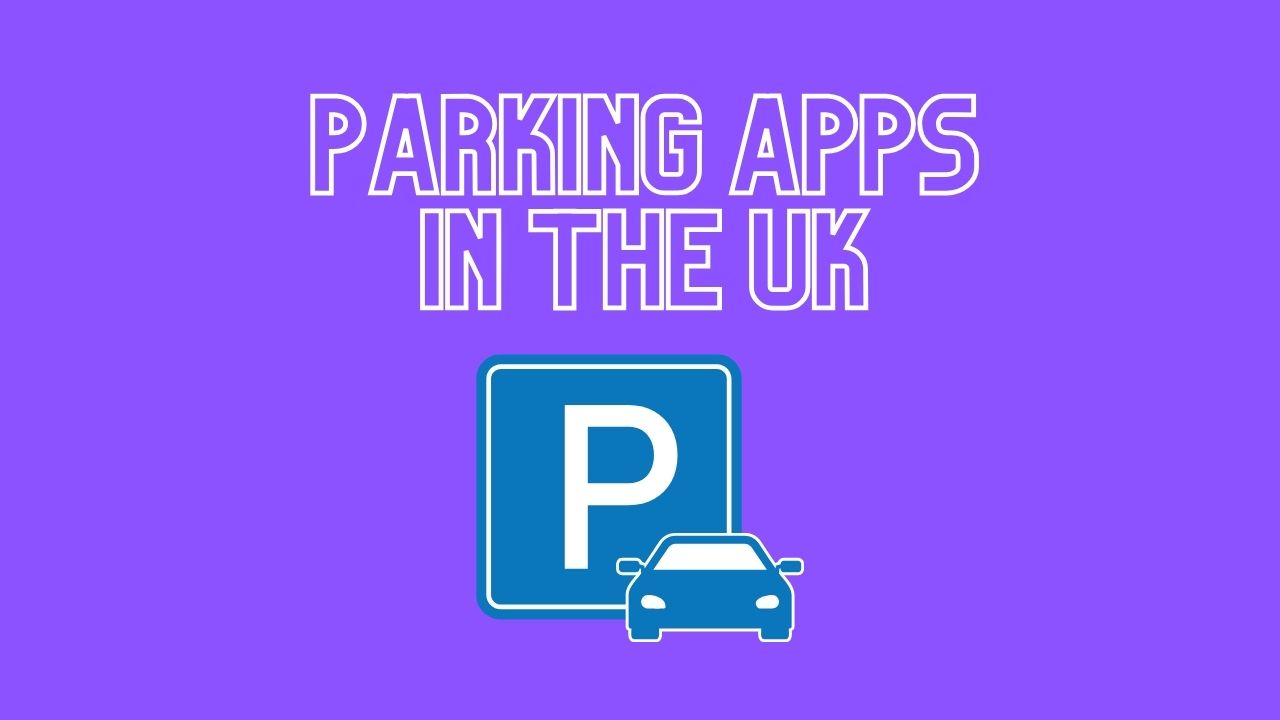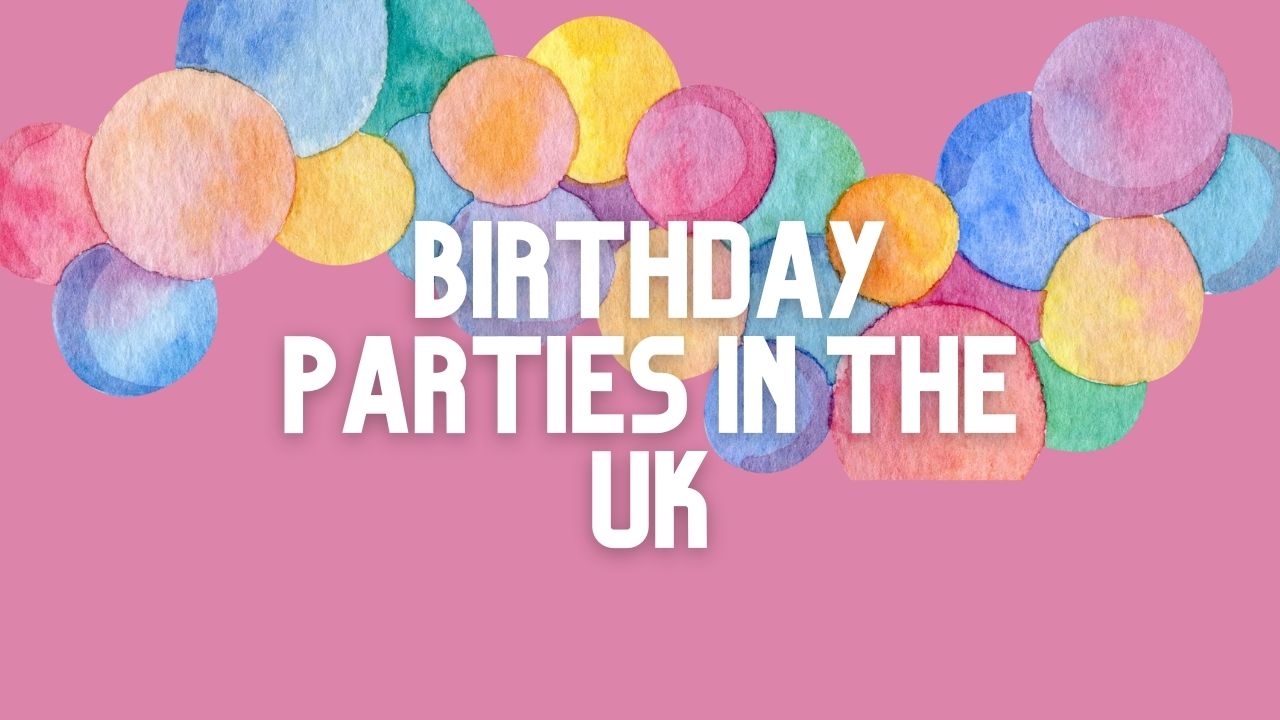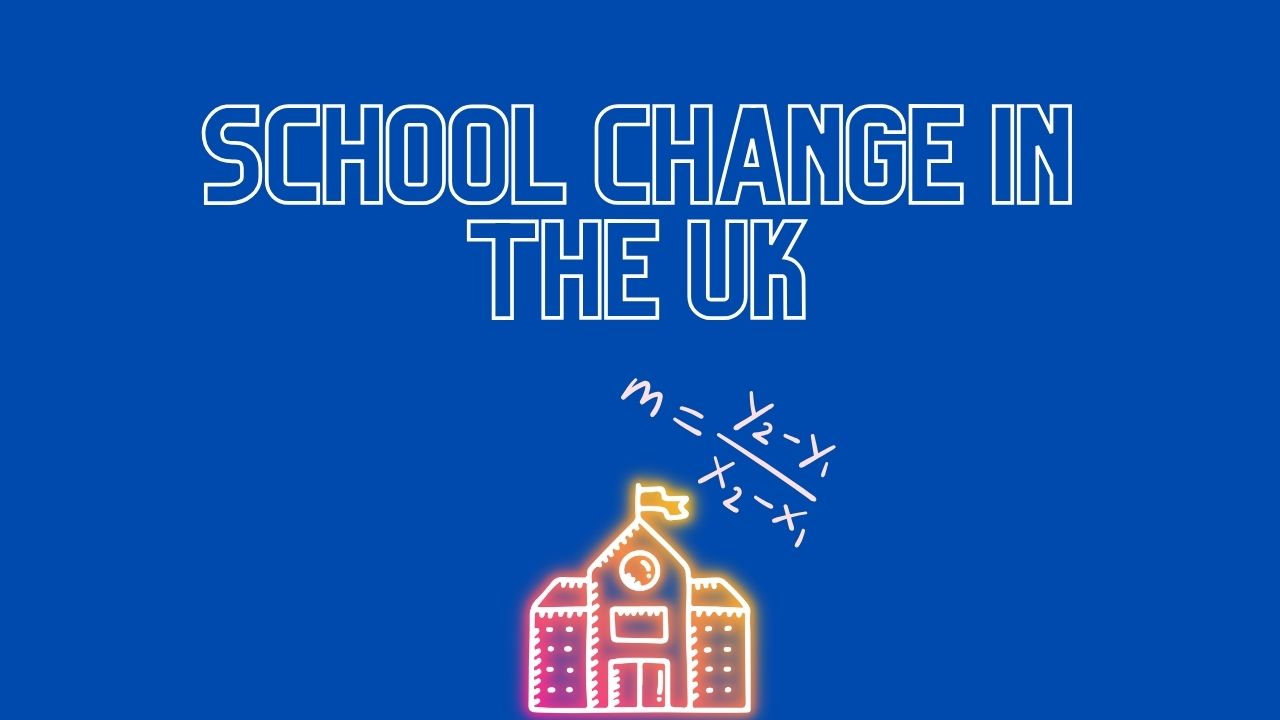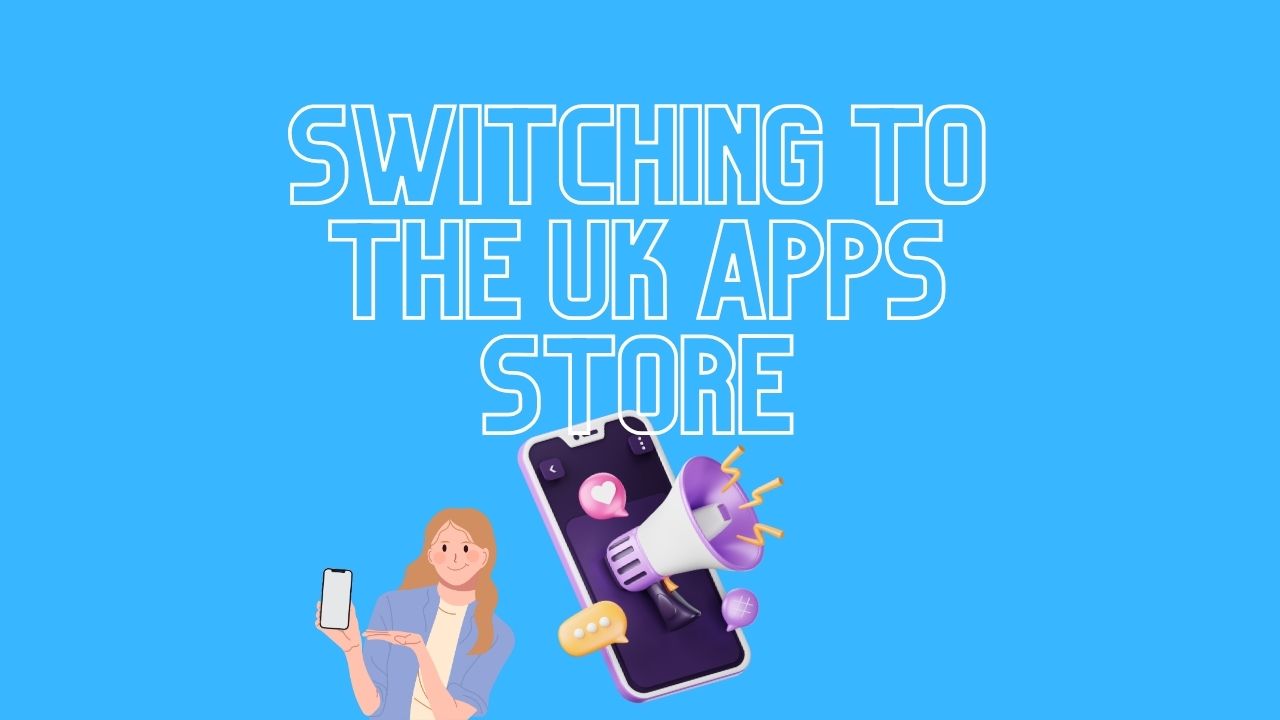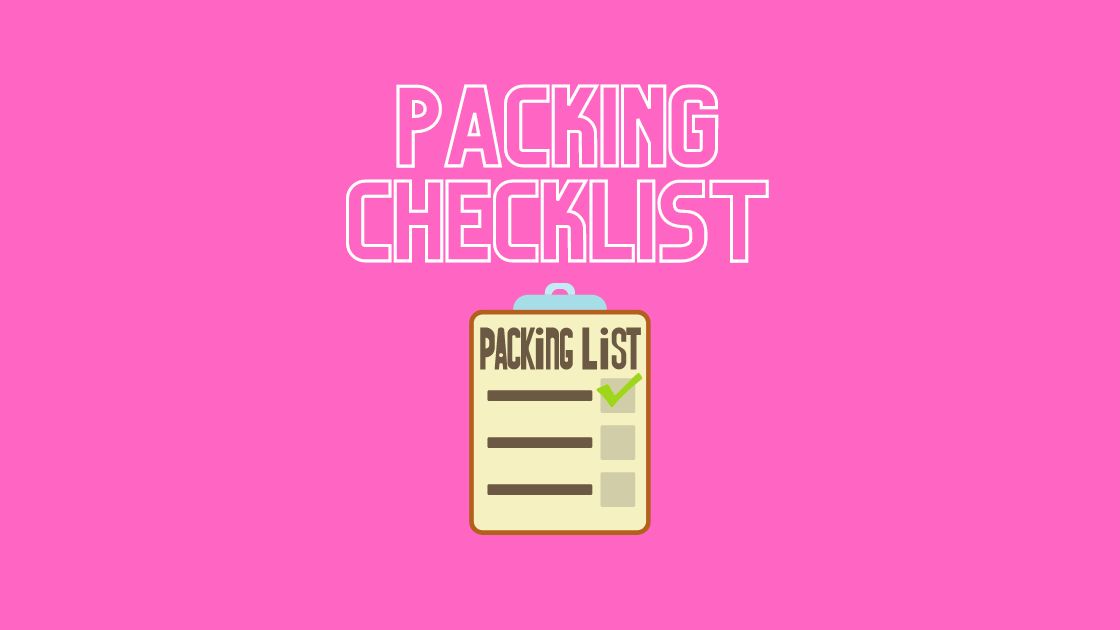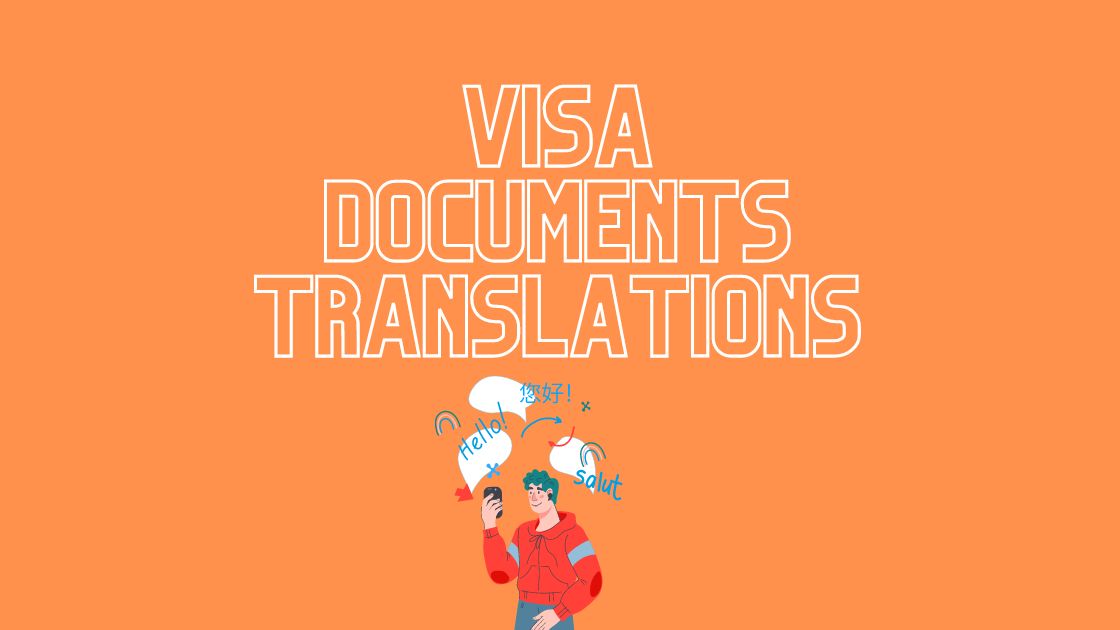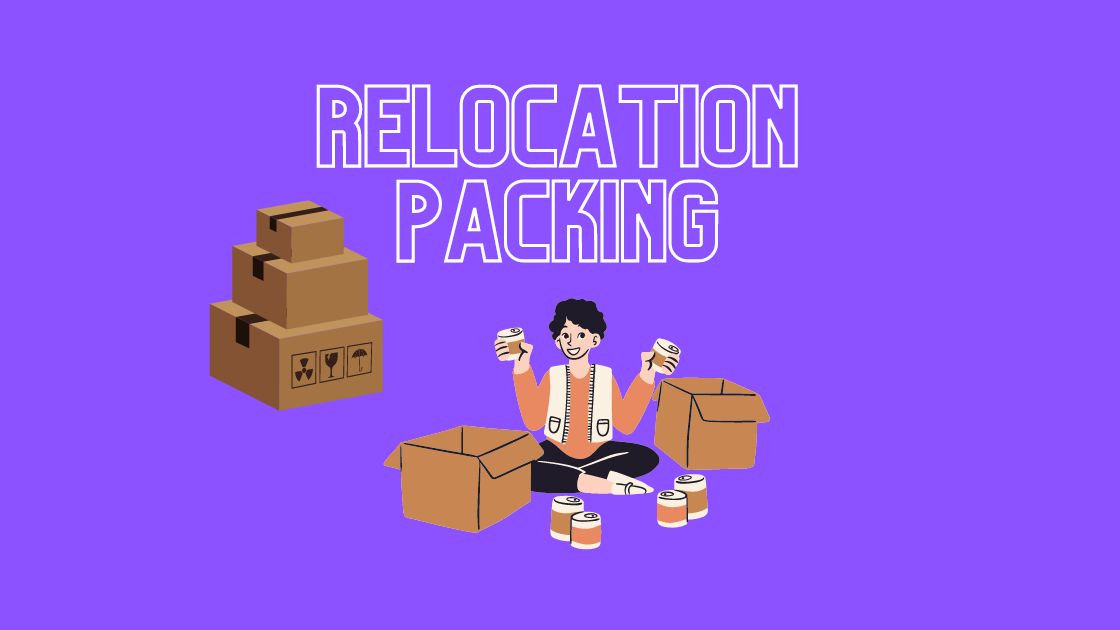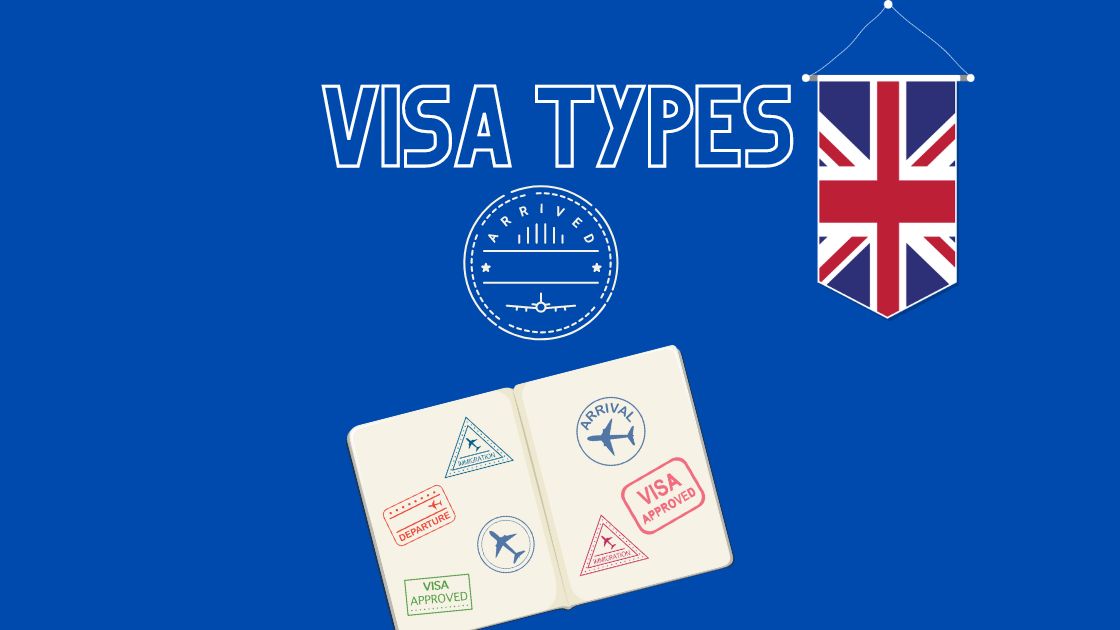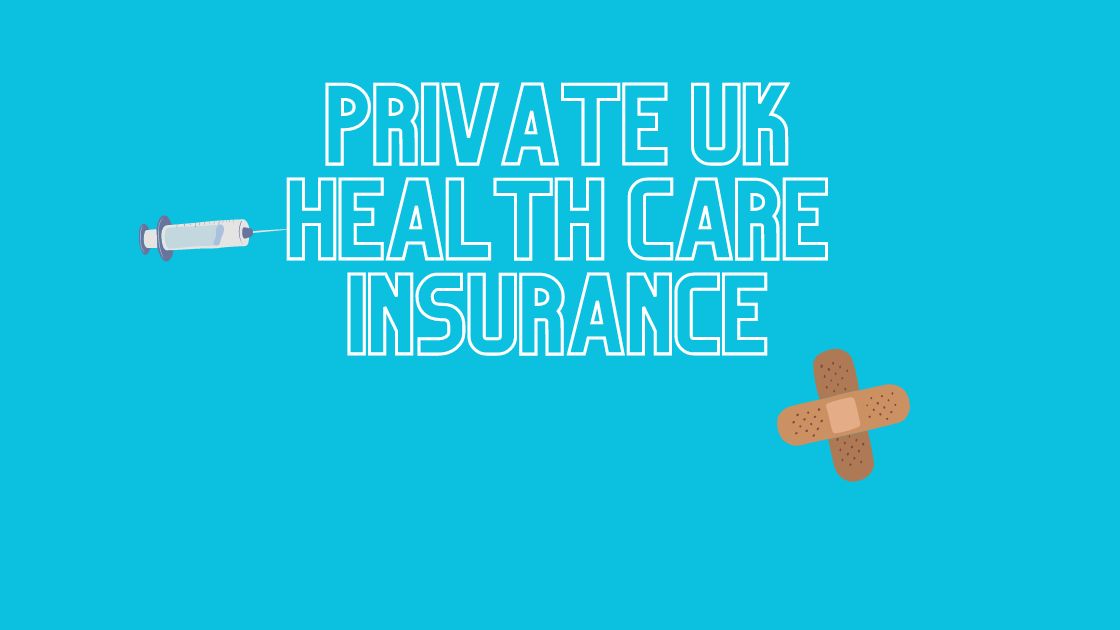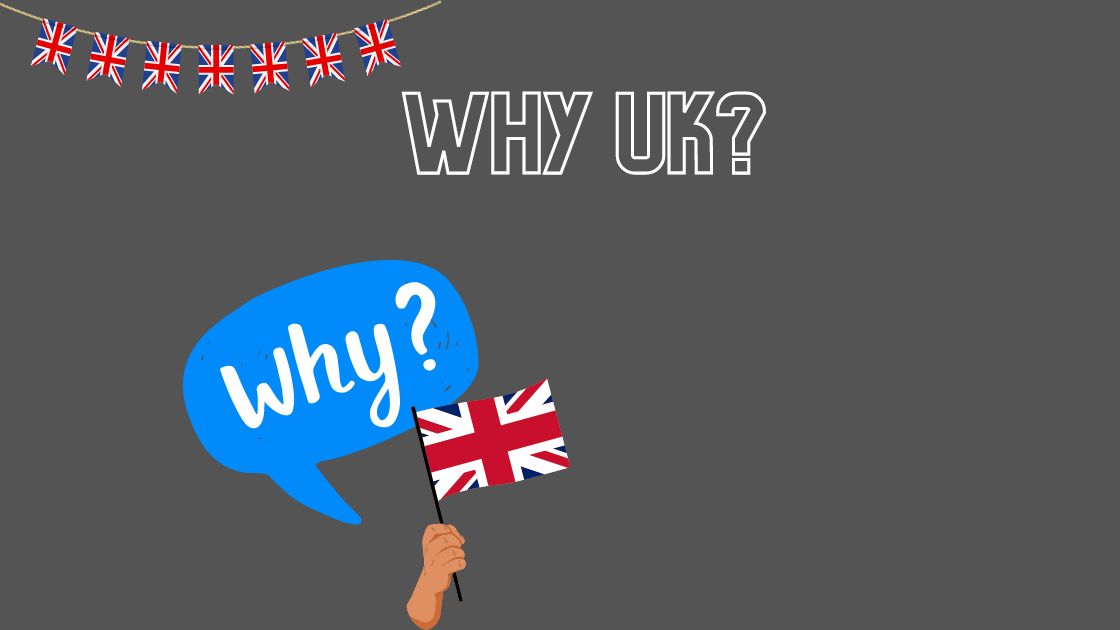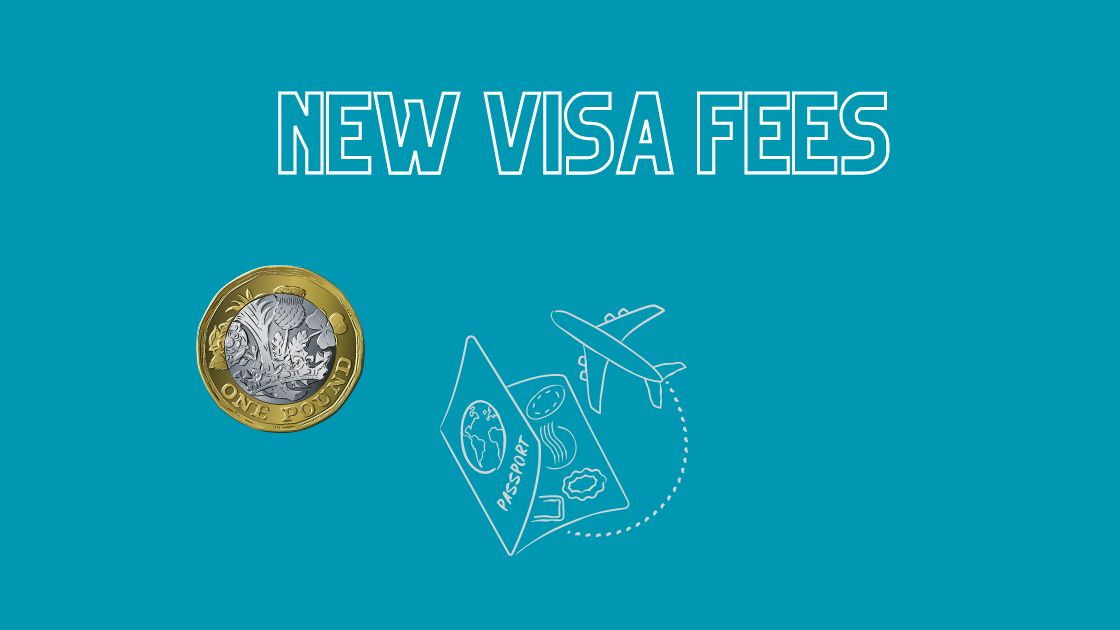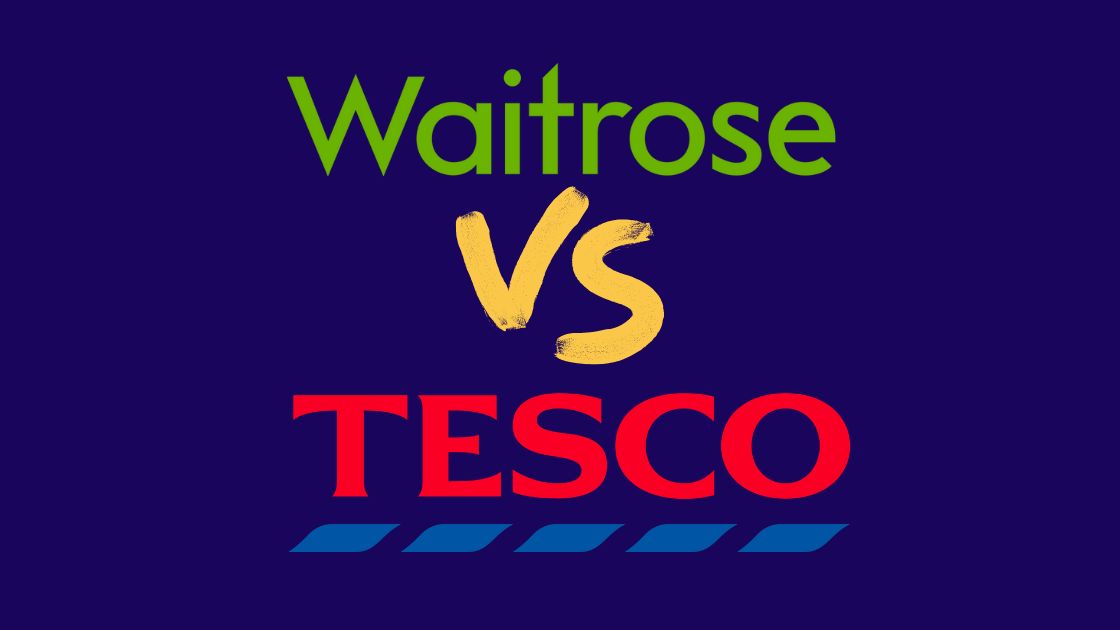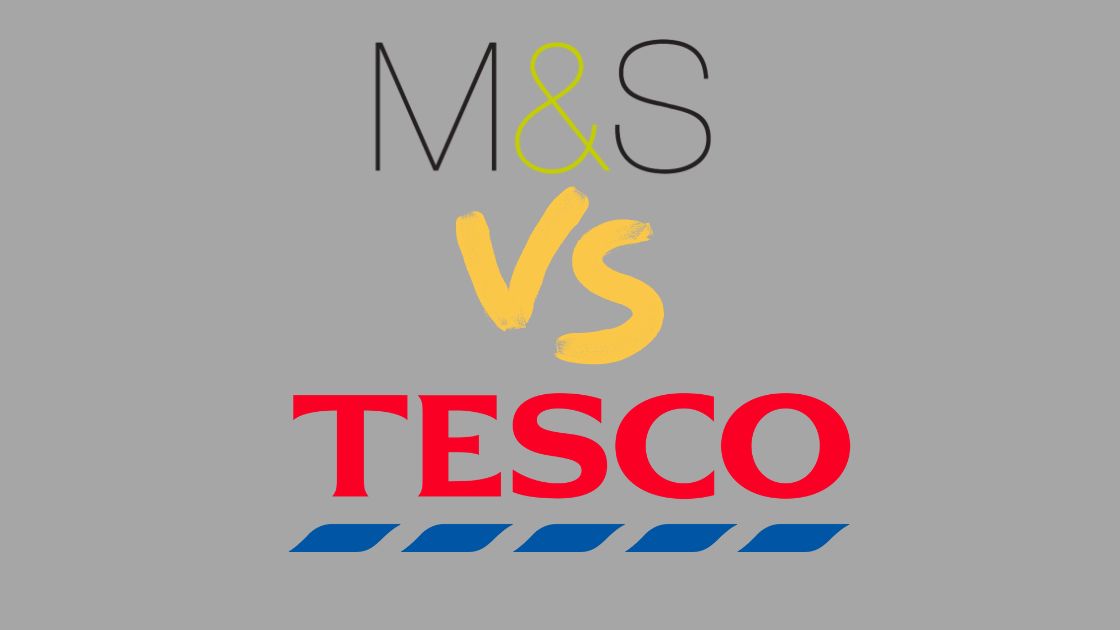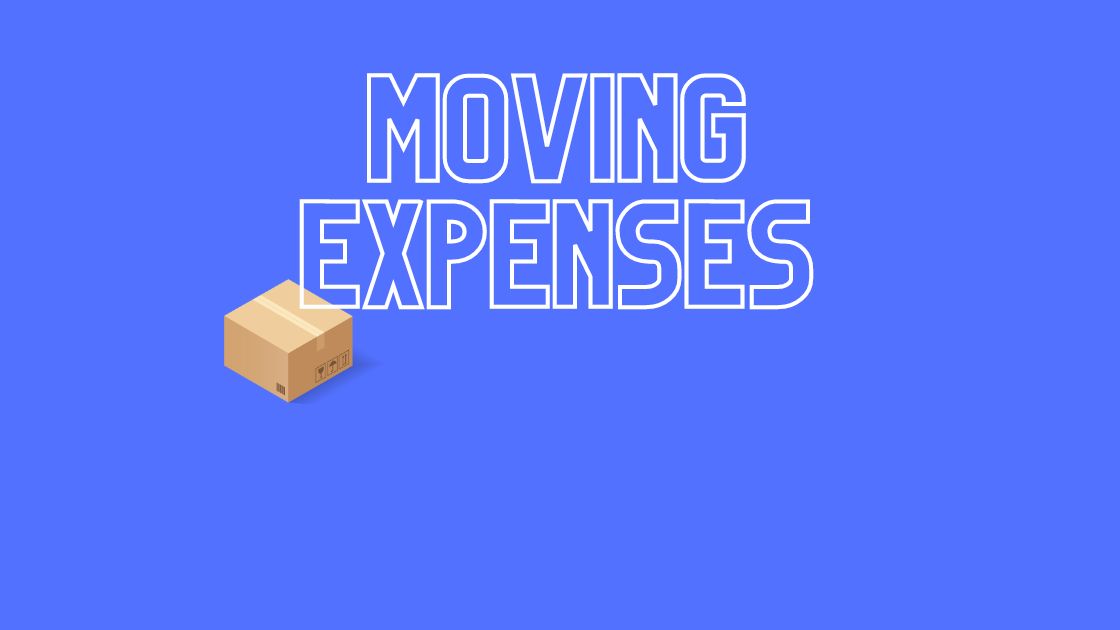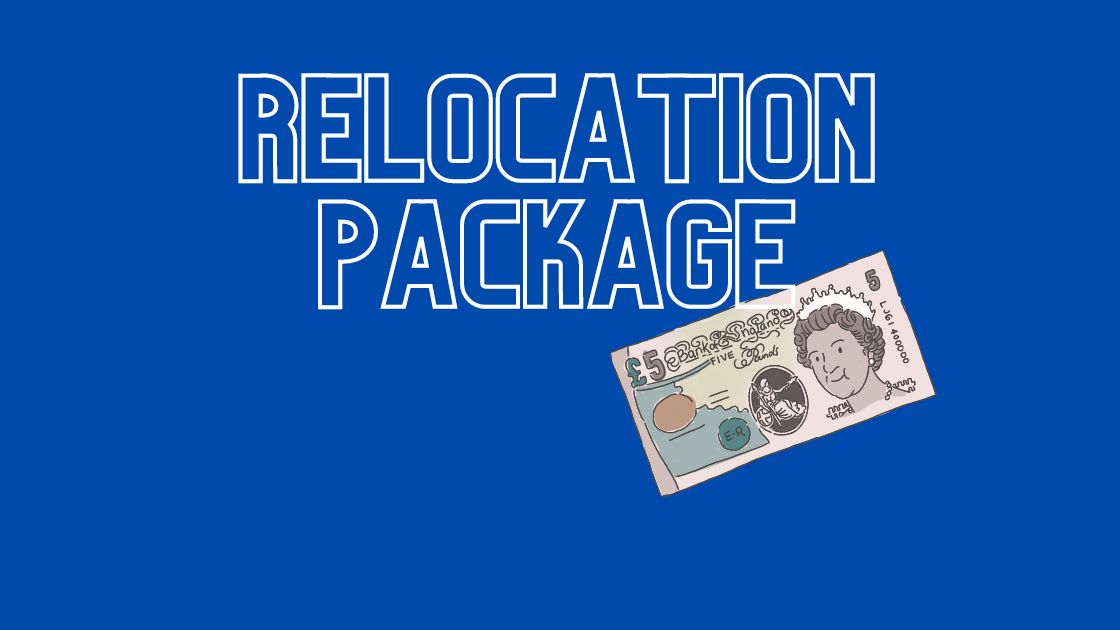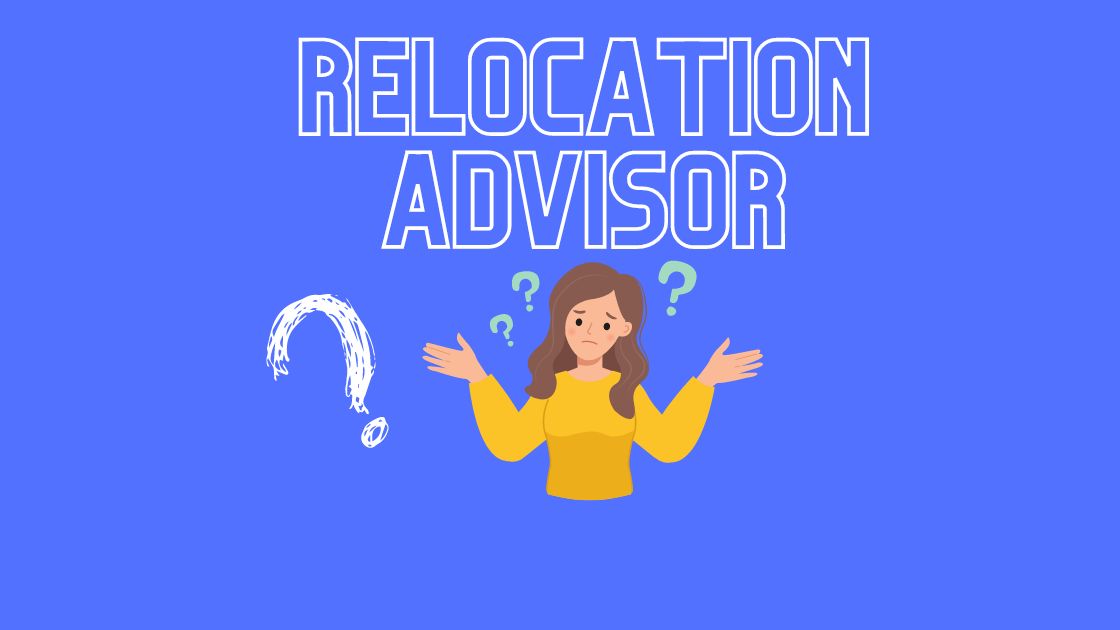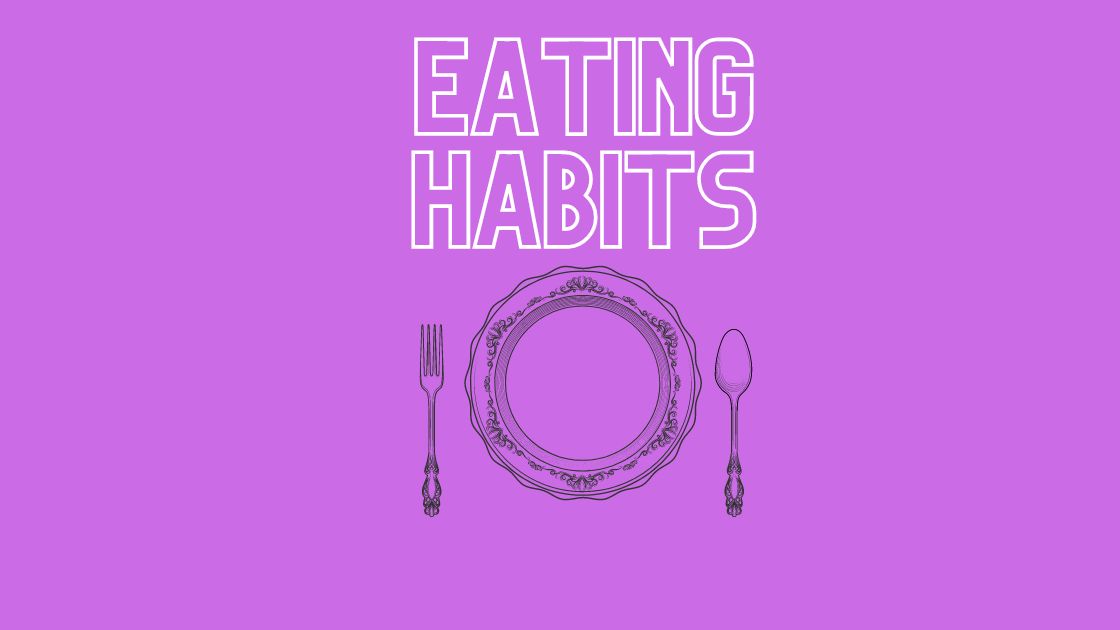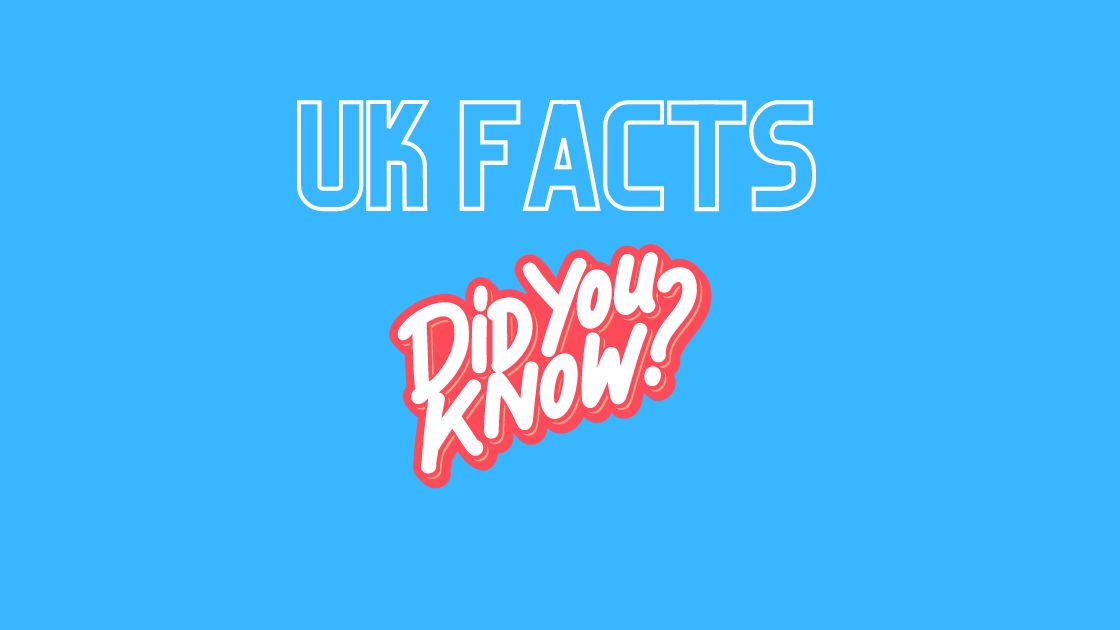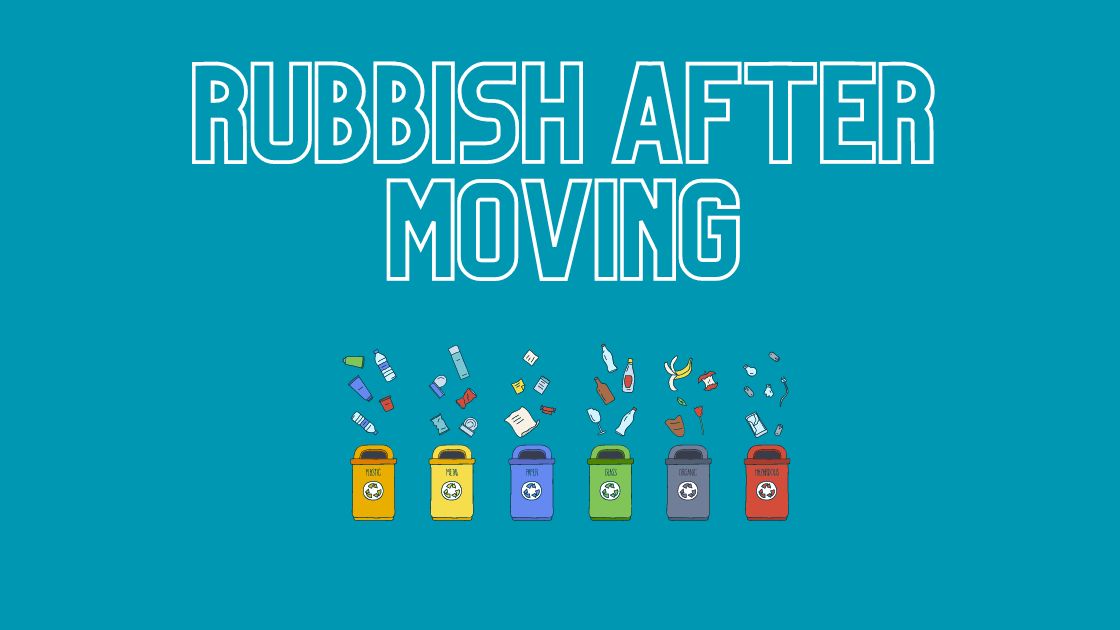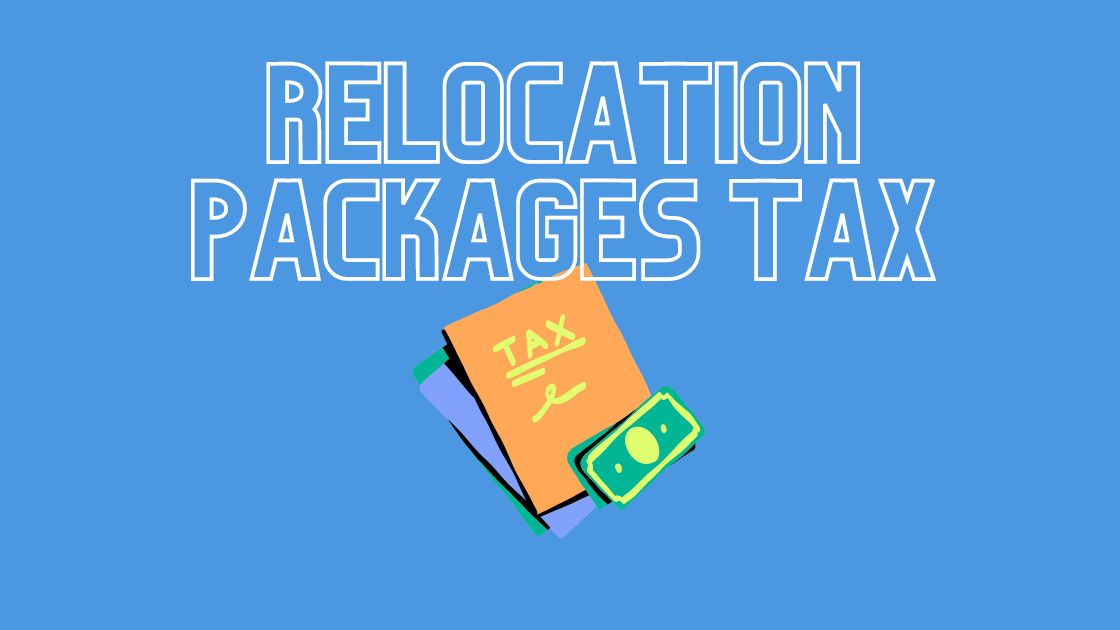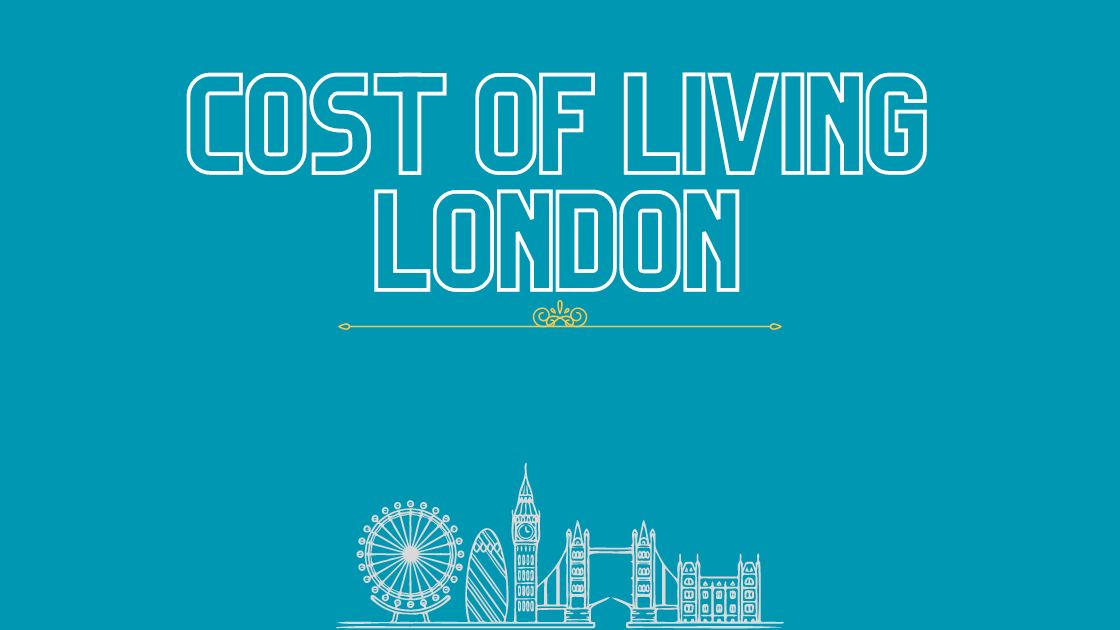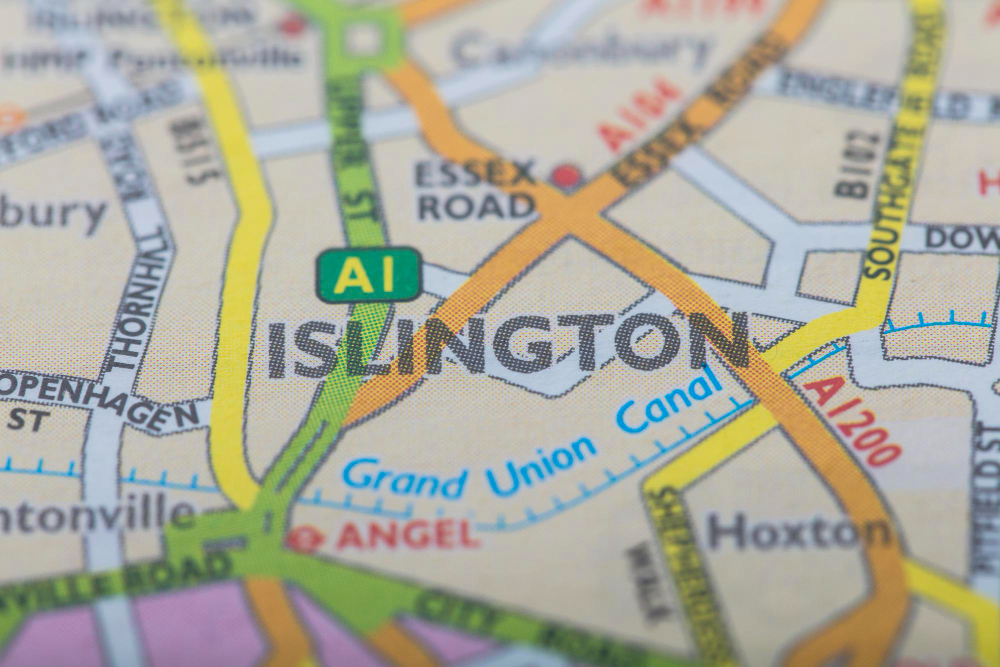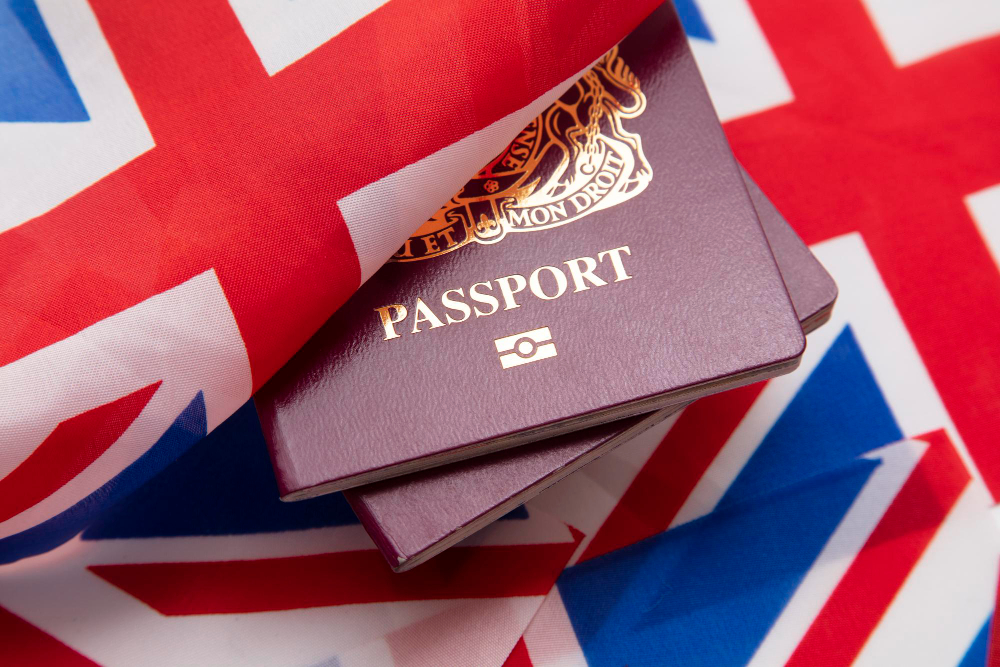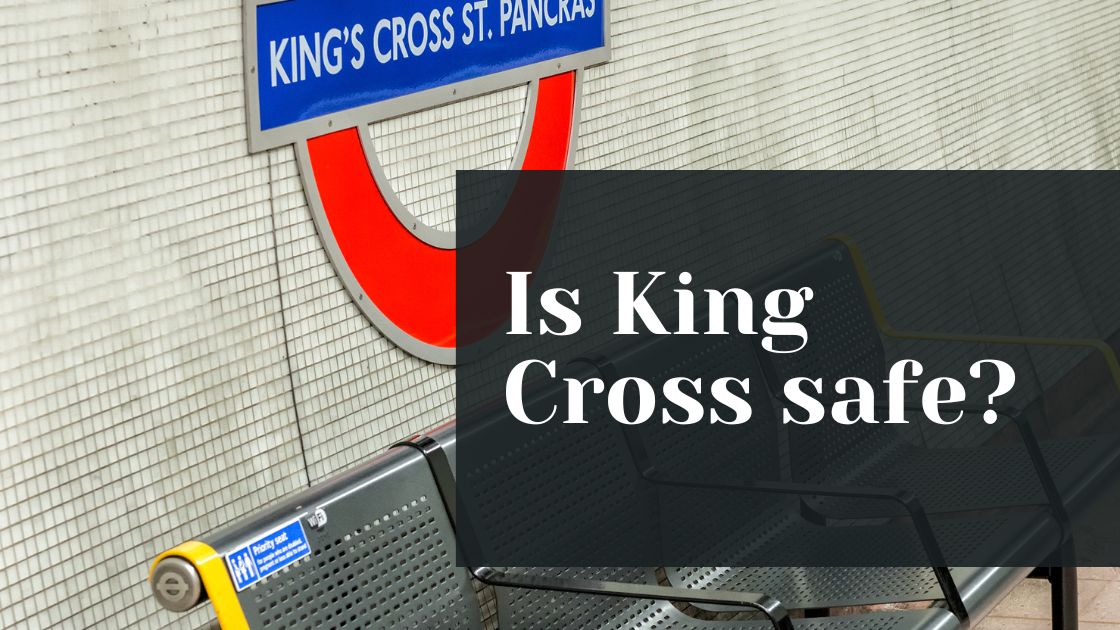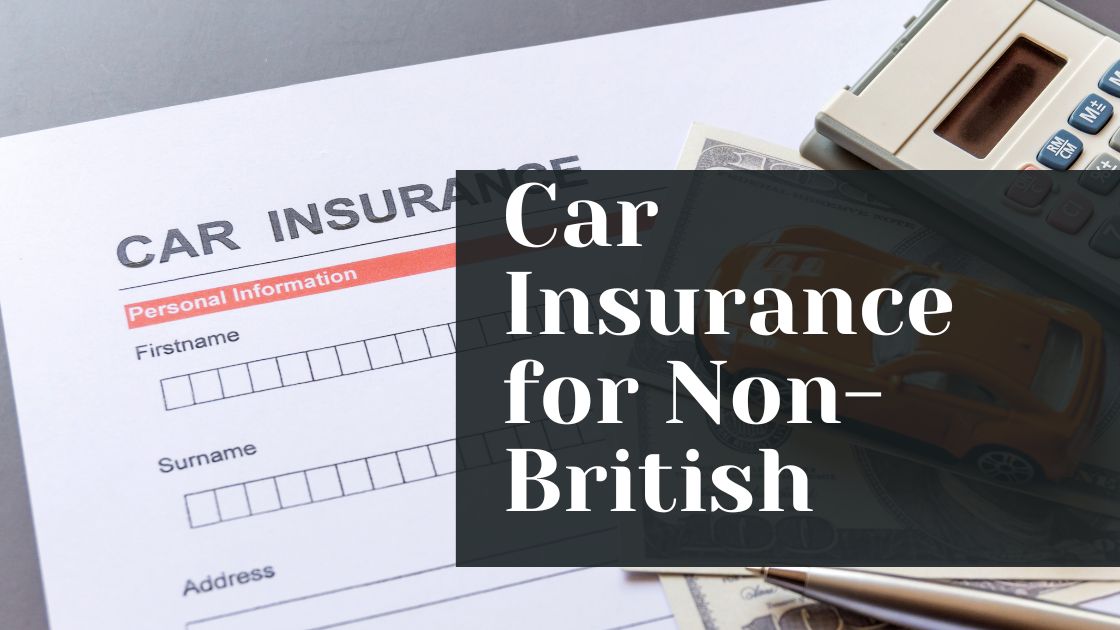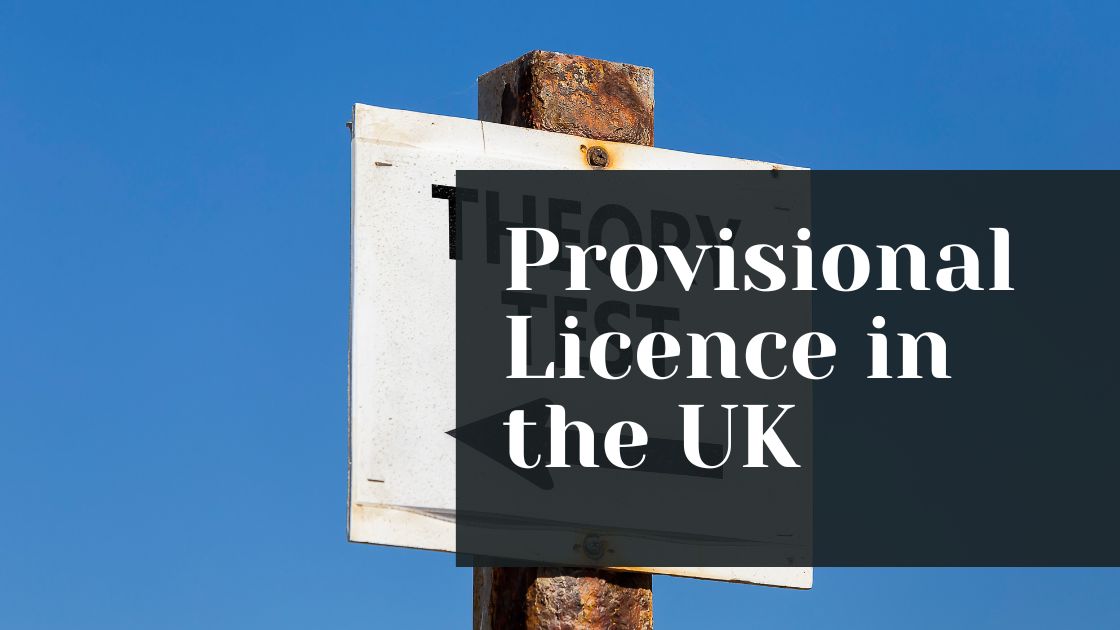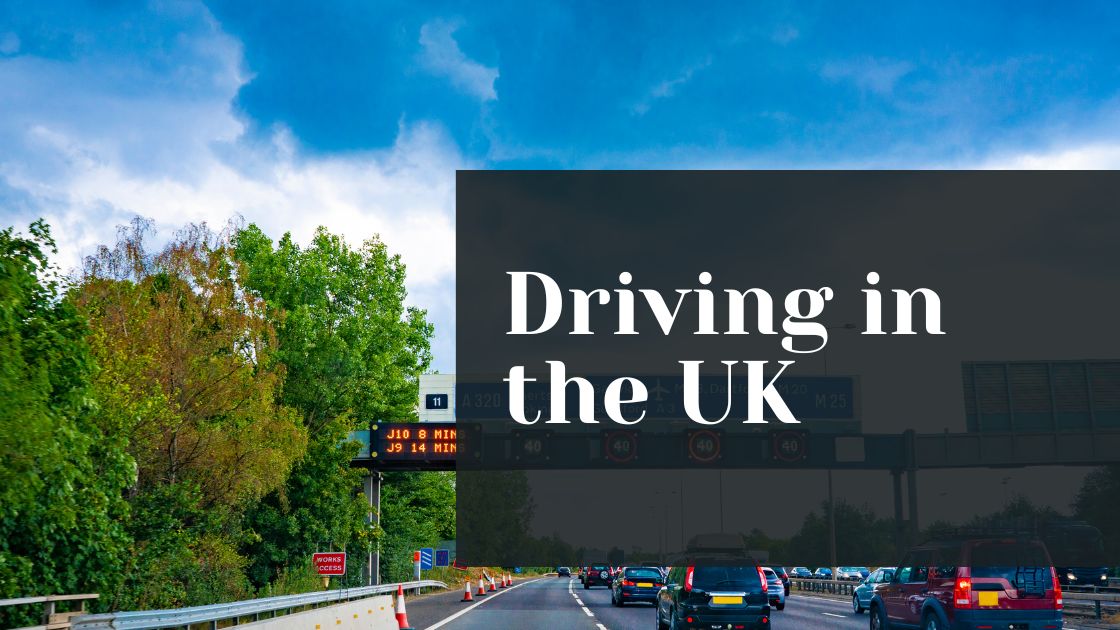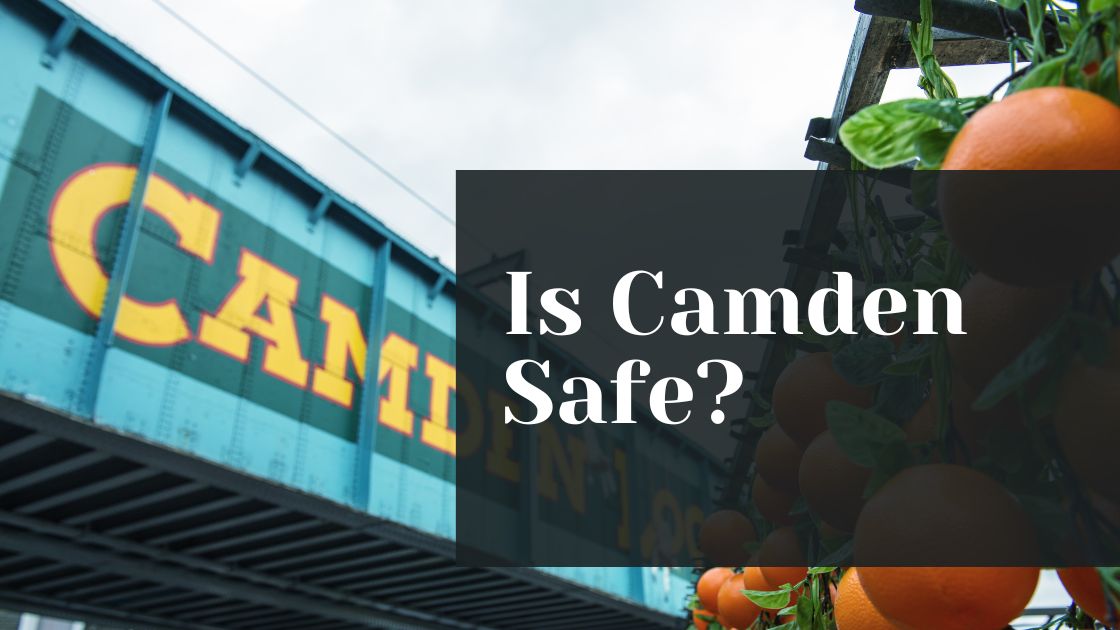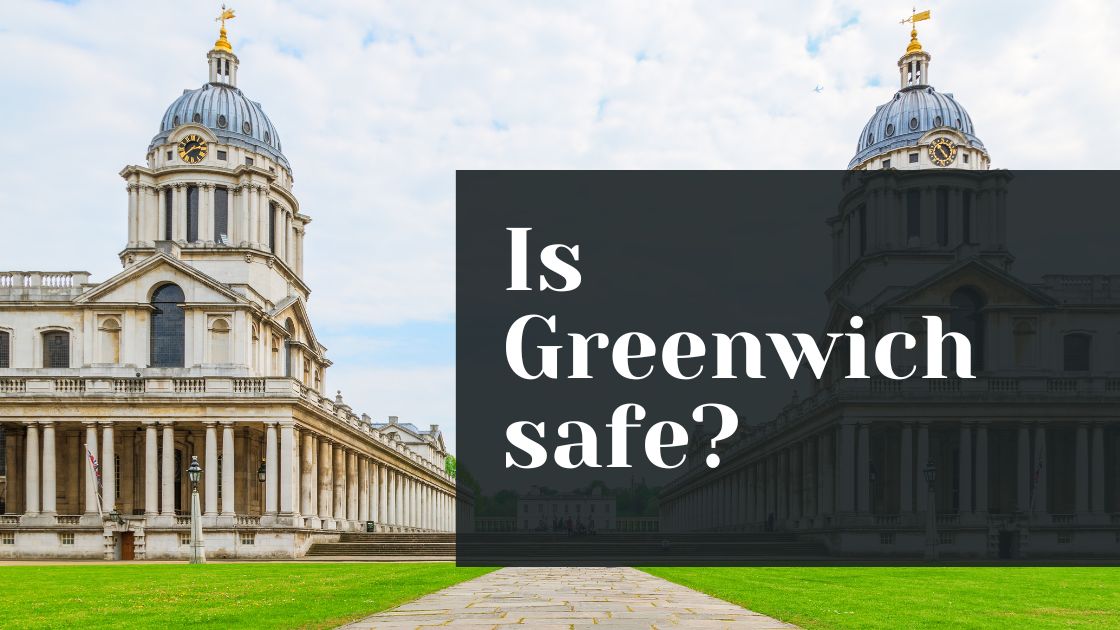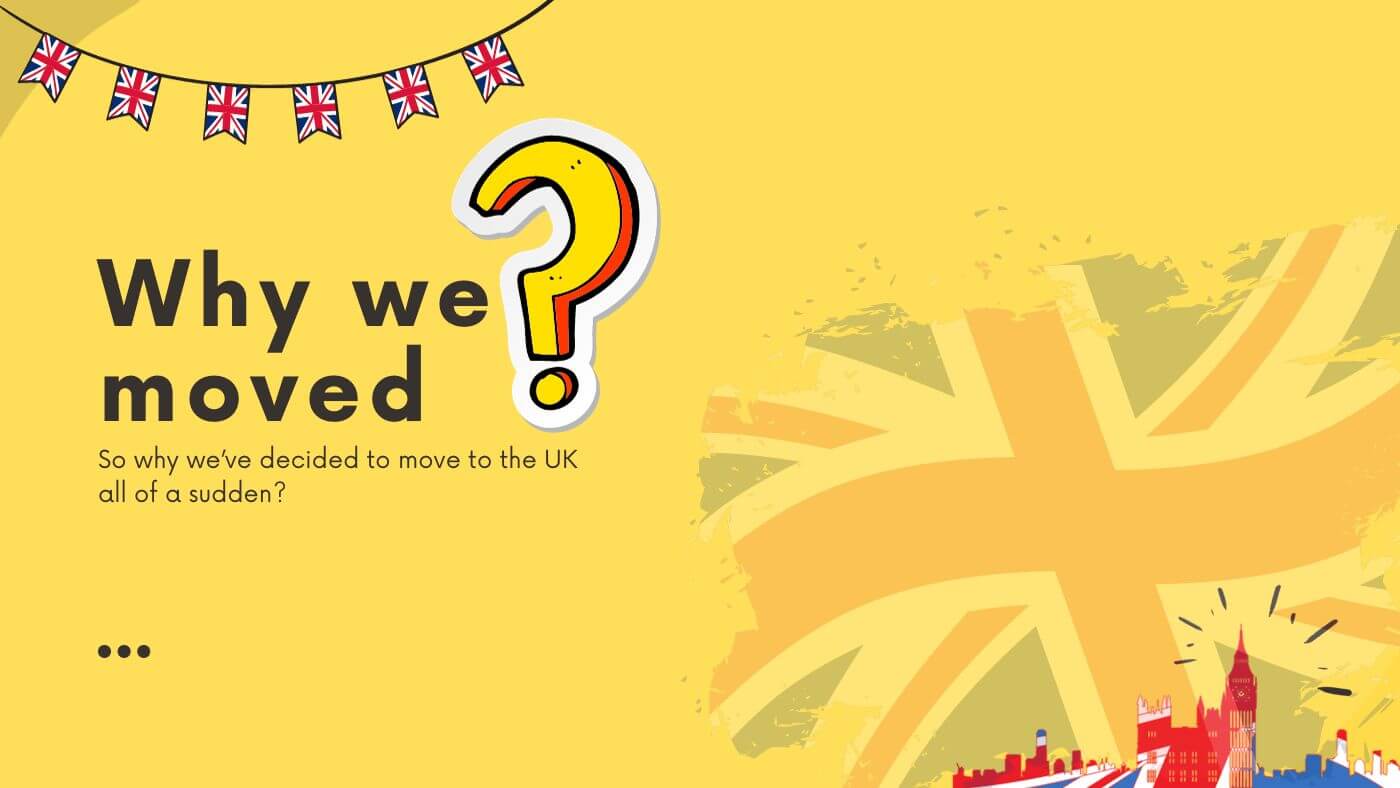The UK driver’s theory test is a crucial initial step on your journey towards obtaining a driving license. Designed to assess your understanding of road signs, rules, and safe driving practices, this test ensures that you possess the necessary knowledge to navigate the roads safely and responsibly.
Passing the theory test is essential before taking the practical driving test. This test sets the foundation for your driving skills and road awareness. It also brings you closer to gaining your driving license and equips you with vital knowledge to keep yourself and others safe on the road.
Investing time in studying the Highway Code, practising with mock tests, and using educational apps means equipping yourself with the knowledge and skills required to navigate the test successfully. Remember, your efforts in preparation aim not only at passing the test but also at becoming a conscientious and informed driver on the UK roads.
Understanding the Provisional License
A provisional license is your initial step towards learning to drive in the UK. It grants you the legal permission to practice driving on public roads, albeit with certain restrictions, such as being accompanied by a full license holder who meets specific criteria.
We all know that a license is not just a formal requirement. It signifies entry into the world of driving, setting the foundation for your journey to becoming a skilled and licensed driver. Its importance lies in ensuring that all learner drivers meet the basic legal and age requirements, ensuring a standardized approach to learning driving skills safely and responsibly.
To apply for a provisional license in the UK, you must meet the required eligibility criteria and follow the simple application process.
1. Eligibility Criteria:
- Age: You must be at least 15 years and 9 months old to apply.
- Residency: You must be a resident of Great Britain or Northern Ireland, depending on where you’re applying.
- Eyesight: You must be able to read a car number plate from 20 meters away, with glasses or contact lenses.
- Legal Status: You must not be prevented from driving for any reason.
2. How to Apply:
- Online at DVLA: The easiest way to apply is through the DVLA website for residents of Great Britain or the DVA website in Northern Ireland.
- Identity Documents: You’ll need to provide an acceptable form of ID, typically a passport.
- Address: Provide addresses where you’ve lived for the last 3 years.
- Payment: The application fee can be paid online via credit or debit card.
- National Insurance Number: Having your National Insurance number ready can help speed up the application process.
Why You Need a Theory Test
The theory test assesses your knowledge of road signs, rules, and safe driving practices. Its primary purpose is to ensure that you understand the theoretical aspects of driving before you begin practical training on the road.
Learning theory includes developing a thorough understanding of the Highway Code, awareness of other road users, and knowledge of best practices for safe driving. Passing the theory test is a mandatory step that confirms you have the essential knowledge needed to proceed to practical driving lessons and, ultimately, the practical driving test.
The theory test is comprised of two parts:
- The multiple-choice section covers topics such as traffic signs, the Highway Code, and essential driving safety principles. You’ll be tested on your knowledge of the road rules, including how to act in various driving scenarios and understanding specific signs and markings.
- The hazard perception part assesses how you identify and respond to possible road hazards through a series of video clips. This section aims to gauge your awareness and reaction times to situations that could lead to accidents if not properly managed.
How to Book Your Theory Test
Booking the UK driver’s theory test is a pretty straightforward process.:
- Visit the Official Website: Start by visiting the official Driver and Vehicle Standards Agency (DVSA) website to book a theory test.
- Choose Your Test: Based on the vehicle you intend to drive, such as a car, motorcycle, bus, or lorry, select the type of theory test you need to take.
- Register Your Details: To register for your test, enter your personal information, including your provisional license number.
- Select a Test Center: Use the DVSA’s online tool to find the test centre closest to you. You can search by postcode to see a list of locations and their availability.
- Choose a Date and Time: Select a date and time that works for you. The website will display available slots at your chosen test centre.
- Payment: Pay the theory test fee online. Have your credit or debit card ready for this step.
- Confirmation: After payment, you’ll receive a confirmation email with the details of your test booking, including the date, time, and location.
Remember, preparing thoroughly for your theory test is crucial, so make sure to study the Highway Code, practice hazard perception, and take mock tests ahead of your scheduled test date.
What to Bring to Your Theory Test
For your UK driver’s theory test, bringing the right items is crucial to ensure you’re allowed to take the test. Here are the essentials you must not forget:
- Provisional Driving Licence: The most important item to bring is your valid provisional driving license. Without it, you won’t be allowed to take the test. Ensure both the photocard and the paper counterpart (if you have one) are with you.
- Appointment Confirmation: While not always required, having a copy of your test appointment confirmation (printed or digital) can help resolve any discrepancies at the test centre.
- Face Covering: Depending on current health guidelines, you may be required to wear a face covering inside the test centre unless you have a valid exemption.
- Glasses or Contact Lenses: If you need them for reading or distance vision, make sure to bring them. As part of the test, you’ll be required to read a number plate from a distance.
- Additional Identification: In some cases, especially if your provisional license does not have a photograph, you may be asked to provide another form of photographic ID.
Besides the essential documents and identification, you can also bring a few additional items to your UK driver’s theory test:
- A Watch: While most test centres will have a clock, wearing a watch can help you manage your time during the test without relying on looking around the room.
- Water in a Clear Bottle: Staying hydrated can help keep you focused, but check with the test centre in advance, as there may be specific regulations about bringing drinks into the test room.
Best Apps and Resources for Theory Test Preparation
To excel in your UK driver’s theory test, leveraging top apps and online resources for practice questions, mock tests, and study guides is essential. Here are some highly recommended tools to enhance your preparation:
- DVSA Official Theory Test Kit: The official app from the Driver and Vehicle Standards Agency (DVSA) provides comprehensive practice questions, mock tests, and an interactive version of the Highway Code.
- Theory Test Pro: Offering realistic mock tests and practice questions, Theory Test Pro is an excellent tool to assess your readiness. It mirrors the structure of the real theory test, helping you to familiarize yourself with the testing environment.
- Driving Test Success: This app provides a wide range of revision questions, mock tests, and explanatory videos covering all parts of the theory test. Its interactive content makes studying engaging and effective.
- AA Theory Test Free: Created by the Automobile Association, this app offers practice questions and quizzes to test your knowledge. It also provides explanations for answers, helping you to learn from any mistakes.
These tools can significantly boost your confidence and knowledge, preparing you effectively for your theory test. Remember, consistent practice and review are key to understanding the material and improving your chances of passing the test.
The interactive learning experience these apps offer makes studying more engaging and effective. Instead of passively reading through materials, you actively participate in quizzes, mock tests, and interactive exercises, which enhance retention and understanding of the subject matter.
Conclusion
Successfully passing the UK driver’s theory test requires a structured approach, starting from obtaining your provisional license to thoroughly preparing with the help of top-rated apps and online resources. Remember, understanding the significance of the test and meticulously planning your study schedule are crucial steps in your preparation journey.
Utilizing interactive apps not only enhances your learning experience but also allows you to track your progress and identify areas for improvement. Approach your theory test with confidence, knowing you’ve equipped yourself with the necessary knowledge and resources.
The journey to becoming a licensed driver in the UK is within reach when you commit to diligent study and make use of the comprehensive tools available to you. Gear up for success, and look forward to the freedom and opportunities that come with passing your UK driver’s theory test.


